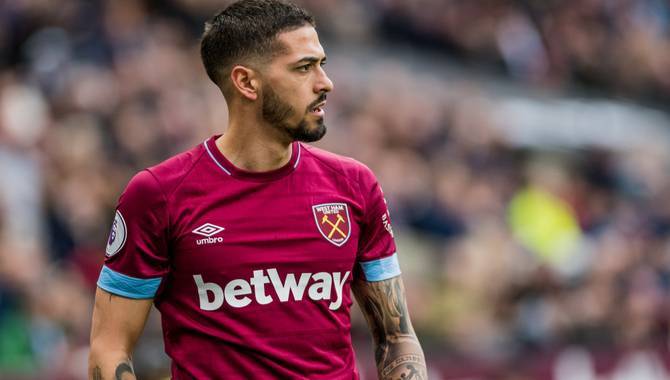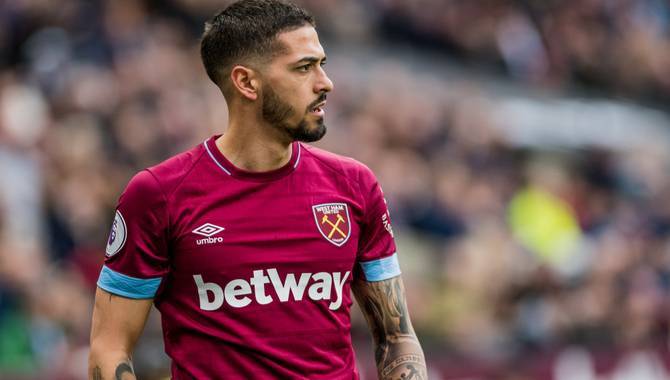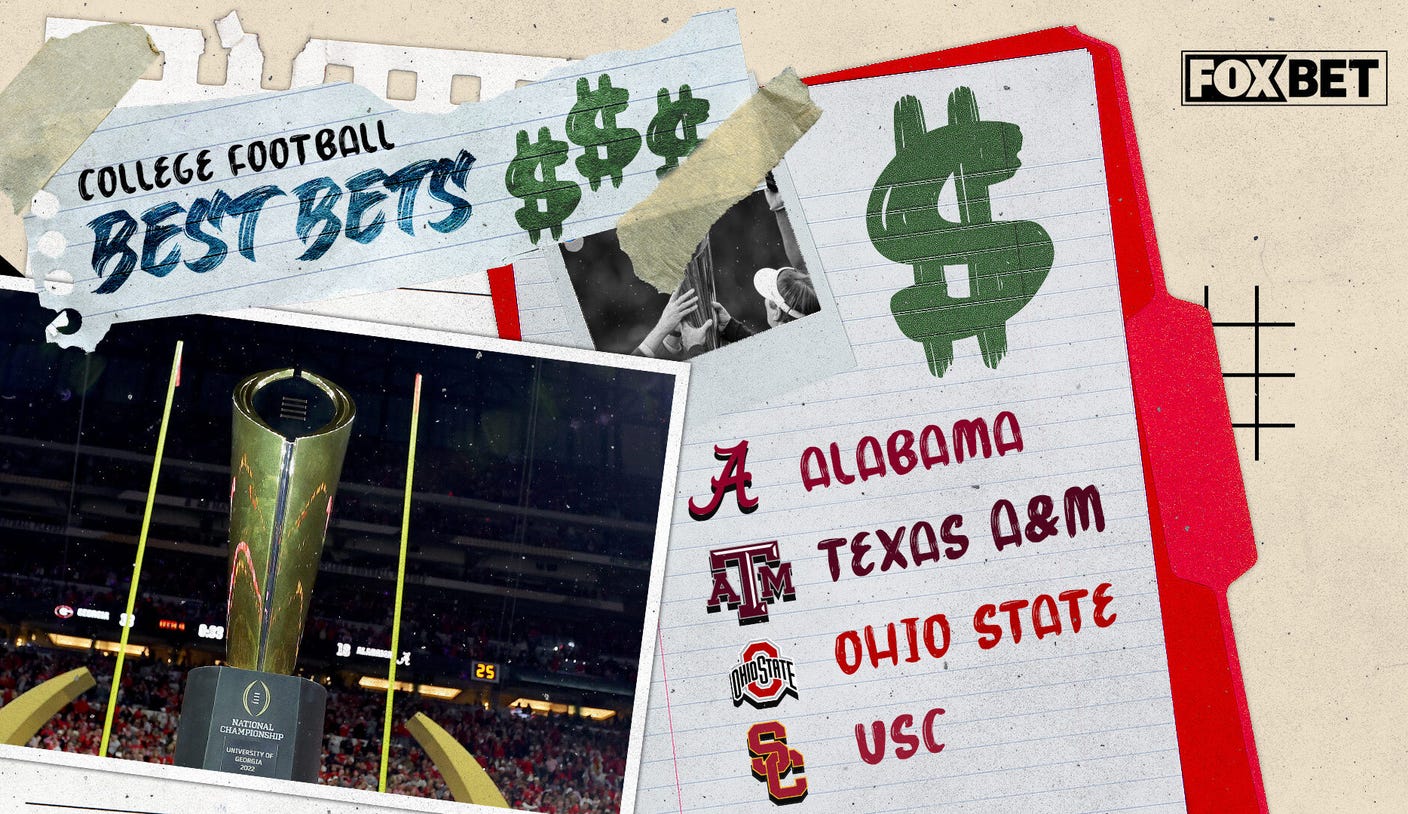
But will ending betting sponsorship really reduce problem gambling? In truth, it would be surprising to see even a slight fall.
What a betting sponsorship ban would really do is create the sense of a Government and regulator clamping down on the industry, winning future votes and sending a message. Instead of actually clamping down on any malpractice, however, such a move would simply jeopardise what is now precious revenue for the sports sector during a global pandemic that has already stripped it fully of ticket sales.
Former Interwetten CEO Dominik Beier last year spoke to Gambling Insider on the importance of sponsorship revenue to football clubs – especially those that are smaller in stature. In 2019, LeTou CEO Paul Fox also told Gambling Insider the main aim of sponsoring a Premier League team, such as his deal with Swansea City, was visibility in the Asian market, not the UK.
Indeed, when operators partner up with Burnley, Wolves or Aston Villa, they’re not usually targeting UK players. Meanwhile, operators like Kindred-Group owned 32Red work closely with football clubs on social and charity campaigns, even raising the issue of problem gambling in the mainstream via their sponsorships.
So while a shirt sponsorship ban might win popularity contests, it won’t make players safer in the UK. What the Gambling Act Review needs to eradicate is genuine wrongdoing, a culture of turning a blind eye to a problem gambler who can spin away £80,000 ($110,000) in less than an hour, such as the Gambling Commission’s recent case with White Hat Gaming.
It is important to note this does not represent all gambling and that the rate of problem gamblers is a very small percentage when compared to all gambling spend. Stopping a fair and effective form of marketing or advertising won’t combat addiction. It looks more like a sign the UK Government is willing to go along with general anti-gambling sentiment, rather than properly research ways to reduce actual problem gambling.
Some proponents of a ban argue betting sponsorship in sport exposes gambling to minors. But there is no cogent evidence of this. Carolyn Harris MP lazily refers to a p of 55,000 child problem gamblers in the UK. This p was arrived at by a Gambling Commission report in 2019 that surveyed under 3,000 teenagers on gambling.
Not only was this a tremendously small sample size, a crucial aspect repeatedly and misleadingly overlooked is that the gambling in question included a casual bet with friends over friendly games: including playing cards; perhaps football and computer games; maybe even conkers, who knows?
In any case, it was a leap of mammoth proportions to infer there are 55,000 children problem gamblers in the UK from this data. A leap the Gambling Commission essentially hand-prepared when sending its report exclusively to the Daily Mail ahead of publication.
Other critics, meanwhile, claim sponsorship teaches children you can’t enjoy sport without a bet. What nonsense. If one logo is good enough to persuade anyone, regardless of age, a product is irresistible, the creator of that logo would be the most in-demand person in the history of mankind.
There are real issues to think about in responsible gambling, as our GI Huddle series on problem gambling explored. Banning sponsorships is not just akin to scratching the surface, it is more like avoiding the entire reality in the first place.
But with this all said, the Sunday Times’ mention of tobacco is a poignant one. Tobacco and alcohol have long been industries used as a yardstick for which direction gambling could possibly go. Some within gambling have worried the sector will follow the tobacco route and be barred from advertising its product at all.
While some industry representatives continue to resist all change and vehemently criticise any new regulation, fair or otherwise, this ultimately fails to prevent such an eventuality. Companies that attempt to take the moral high ground after being found guilty of misconduct by the Gambling Commission only infuriate those pushing to curtail gambling further.
So while ending all betting sponsorship on sports kits would be an easy way out for policymakers, with little to no effect when it comes to improving source of fund checks, interaction with customers and anti-money laundering procedures, it has perhaps become an inevitability.
Sports clubs will be the fall guys, third-party victims just as they were with tobacco (although in both cases you could argue they would have been naive not to foresee an outcome like this). And a genuine route to market for a product that aligns itself naturally with another (sports and sports betting) will have been lost.
But just as with fixed-odds betting terminals in the UK, this kind of pathway could perhaps have been avoided through earlier intervention. With the anti-gambling public sentiment currently in the UK – and the lack of compromise from some sectors of the indsutry in response – whether the ban even works merely becomes an afterthought.
In the end, outlawing shirt sponsorship would be a political statement above all else. Given developments in Sweden, Spain, Belgium and Italy over the last couple of years, though, it is one the industry should find unsurprising.



